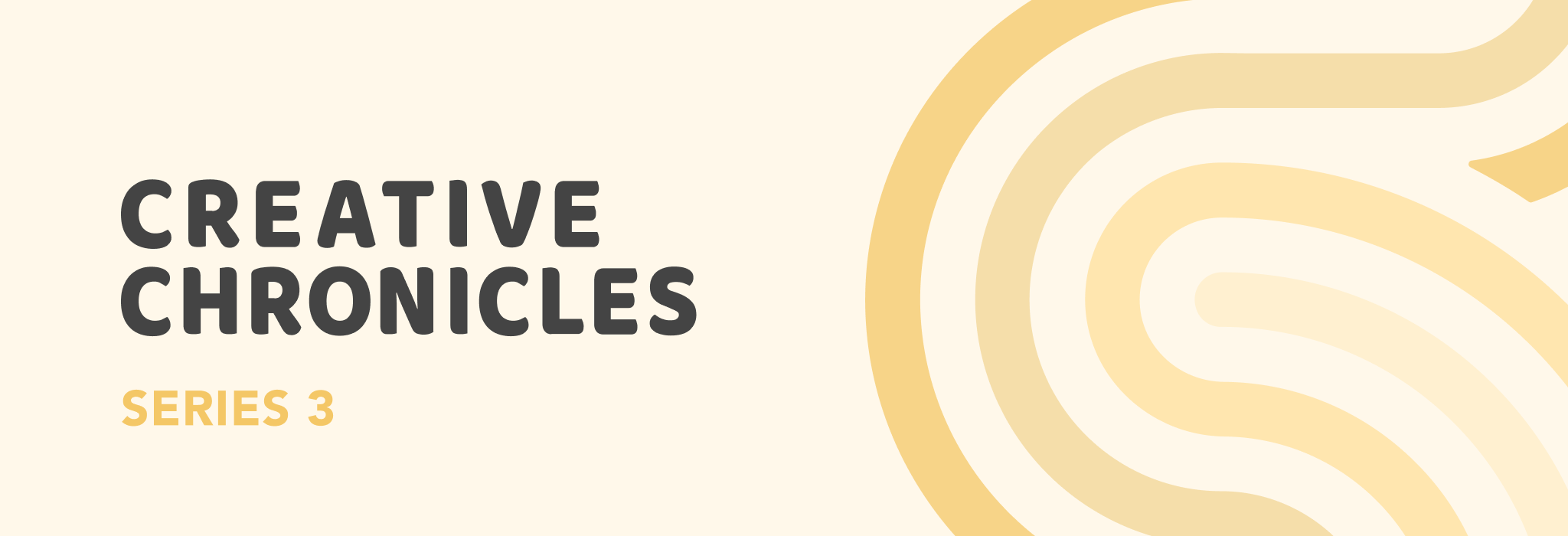Imagining 2031 Pei Kang: From Being a Craftsman to a School

Creative Chronicles is a series of articles exploring the lives of four Singaporean Creatives. Previously in Series 2, our Creatives wrote a heartfelt letter to their younger selves. In this Series 3, they explore the question, What would I want my life to be like in 2031?
First, they acknowledged a challenge that they are facing today. Then, they reimagined alternate possible futures regarding those challenges through a Futures Thinking technique called Causal Layered Analysis (CLA) with the Studio Dojo team. Delving deep into a perspective, CLA comprises 4 levels: litany, systemic, worldview & story. CLA suggests that in order to make sustained changes, we need to look into deeper layers of meaning to create new stories that support our preferred future.
In this article, we chat with Pei Kang, Founder and CEO of TRIA. His main challenge is in developing an inspired, empowered team that takes on ownership and works towards a collective goal. Through this exercise, Pei Kang shifts his story of himself from being an individual hands-on craftsperson into being more like an education institution in 10 years time. He does this by encouraging himself and others to engage in the question Why are we here?, and be conscious on the activities we spend our time on.
Studio Dojo: What is a challenge that you are currently facing?
My main challenge is in developing an inspired, empowered team that takes on ownership and works towards a collective goal.
I’m currently caught in this tension of hurrying to accelerate the business but at the same time, I also want to spend more time grooming my work team. To spend time on aligning on the Whys, the principles, the methods of how we get there. Because sometimes while it’s clear in my head, it’s may not always be clear for everyone. I believe having that clarity is important for others to find their own answers to their own journey. My preferred style is that they do the work for themselves, not for the leader or for the company.
Studio Dojo: What is the story you currently hold regarding this challenge?
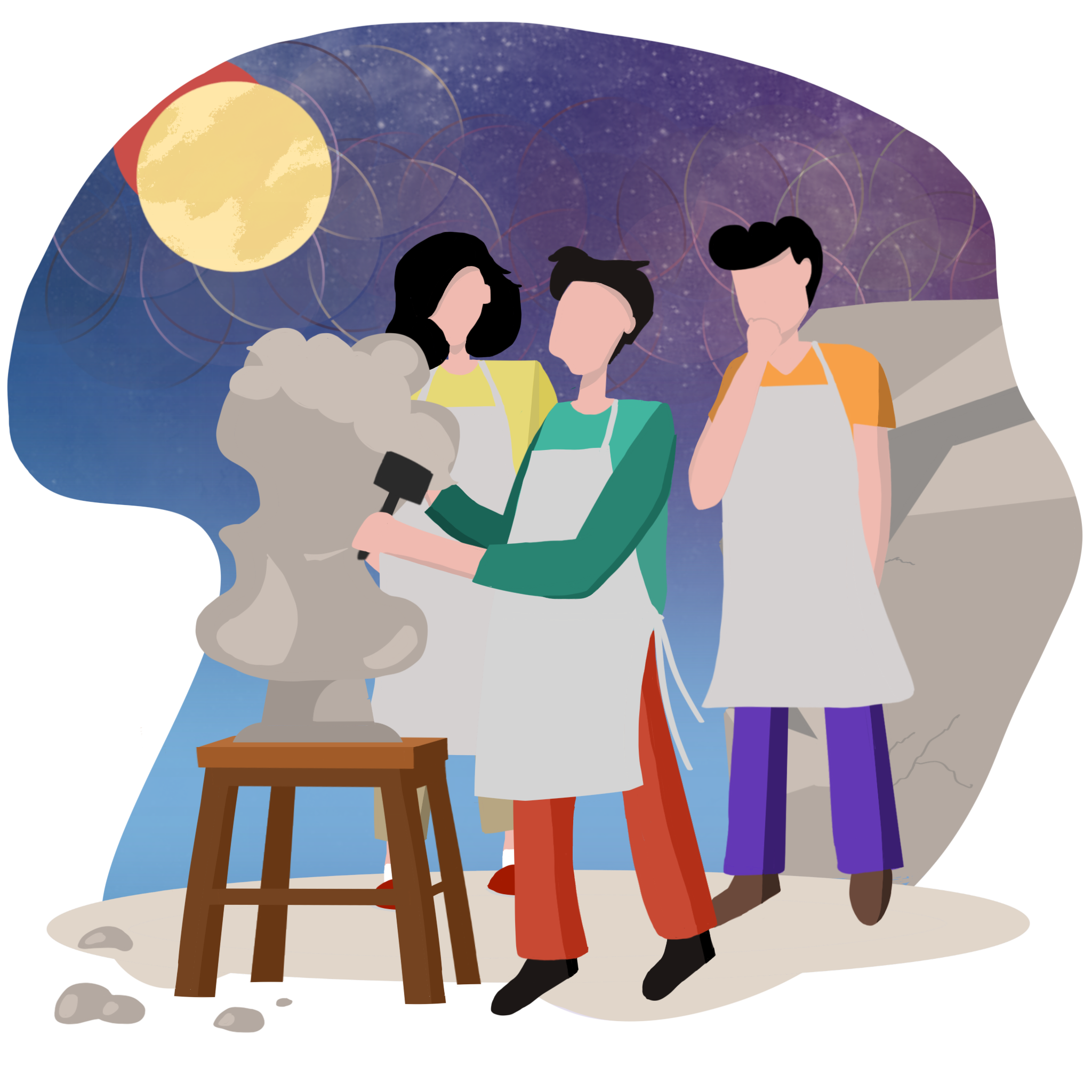
I see myself as a craftsman uncovering my full potential and the potential of those around me. Putting my heart and soul into the work of developing myself and my team. And because it’s a smaller group that is being developed, it’s also about making sure that we get to express ourselves the way that we want.
A sculptor seeing the potential in a block of marble
This story comes from my worldview that there’s a lot of untapped potential in everyone, myself included, and that it’s worthwhile to take ownership and realise our potential. Once we take ownership in our lives and commit to something, we will succeed in anything we do, there will always be a positive outcome.
I think because I’ve gone through a lot of self-discovery, I also believe that it’s important for us all to go through this. You discover yourself in a way that you never knew and you see yourself differently, and realise – hey, maybe it’s not just about the degree that I hold. But sometimes, fear tends to hold us back from this work and from our full potential. So sometimes in my role, I try to reassure people that there’s nothing to fear, just strive for it and you will find something else that is priceless. I want others to experience that because it’s very empowering. But sometimes I question how it may be a personality difference, some people prefer stability. Then, am I pushing my beliefs unto them?
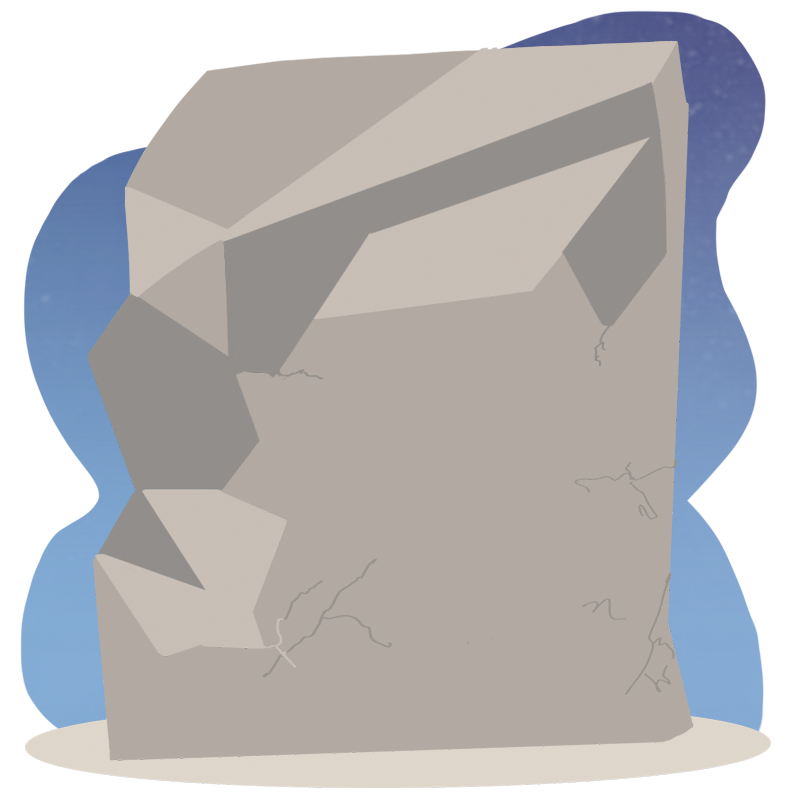

An artisan and his apprentices
I see this happening in the way I delegate work. I delegate to others in a manner that I would like to be treated. For example, I’ll give all the necessary context – problem statements, market challenges, data – and then hand it over to you to take ownership. For me, once I sink into the problem, I would then figure out what are the questions and what are the things that I need to find out. And my intention really is to give people the open space to explore and bring their own voice in and take ownership of these pieces. But I have realised that this way of working doesn’t work for everyone. When it doesn’t work, I try to facilitate. There are times where they find the answers themselves and that’s great and if they don’t, I step in with suggestions on things to try.
You can craft with both your hands and your words
I realised that the more space I give to my team, the more time I may need to spend talking to them. Personally, this is a challenge for me because I’m naturally a do-er, in that sense that I’m more comfortable doing than talking and sharing. For me, I feel that there’s no work done when talking and giving advice, I’m just helping them out. But the good thing is I’m realising this to be something I need to work on and to have a change in mindset. I need to spend more time in that nurturing space, because currently I’m very much driven by results, which is great for now but I don’t think that’s scalable.
How can we move in a more inspired sense whereby I can get a whole team to move collectively, but each individual still finds their own ways of moving within the team? Maybe it’s a case of building a skeleton and having them fill in the blanks. I need to rewire my attitude towards guiding others.
Studio Dojo: What is the story you would like to hold regarding this challenge?
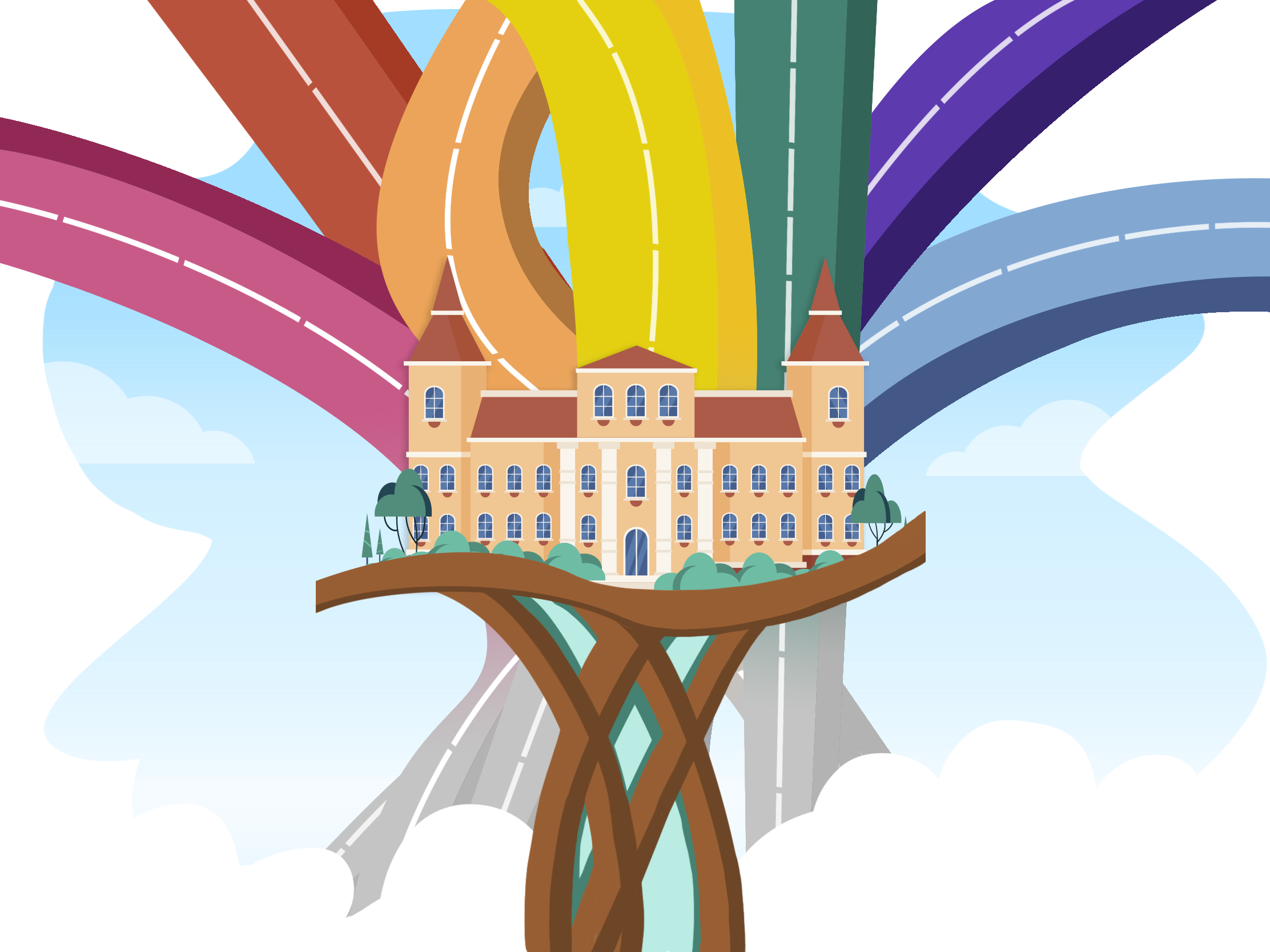
This is ambitious but maybe the future story is one where I’m like a mentor or a school even, and I’m still helping to uncover people’s full potential but at a larger scale. That’s quite a bit to strive for 10 years from now.
A school of self-actualisation
I think the future will reach a stage where humanity will have to maximise our potential, and to continue finding a place in the world for ourselves, our purpose. So in this future story, it is really purpose that unites us all, not fairness. It’s this converging point for us to strive towards, rather than looking at the bottom common denominator. And with that purpose, imagine the synergy between this big group of people, who are on their own self-actualisation self-discovery paths! Imagine the number of problems that we can collective solve. I can see this collective excitement and empowerment of what we can do together. Nothing is impossible.
Everyone learns to find our higher purpose
I think system-wise, it also relates to salary that we would receive. Perhaps it’s a case of everyone getting a base pay, and whatever additional pay is based on what you achieve. There’s no cap as long as you’re able to create that result. So, there’s a universal basic income where your Maslow’s basic needs are covered. Then, whatever else you want to do, depends on the individual. With this, people will also be more conscious of where and how they want to spend their time. Because it’s a universal pay, the question is – why are you here? You could always be creating more value for another task.
We learn by asking ourselves the right questions
I really believe it will create go-getters in the sense of us seeking purpose, as opposed to waiting for purpose to come to us, which has been the case. People are conscious and openly questioning the purpose of their life and what they’re here to do, as opposed to being led by life. Maybe the question that everyone asks themselves would be, What am I here for?
Sometimes I do wonder, out of the 6 billion people out there, how many of us have really found a place for ourselves?
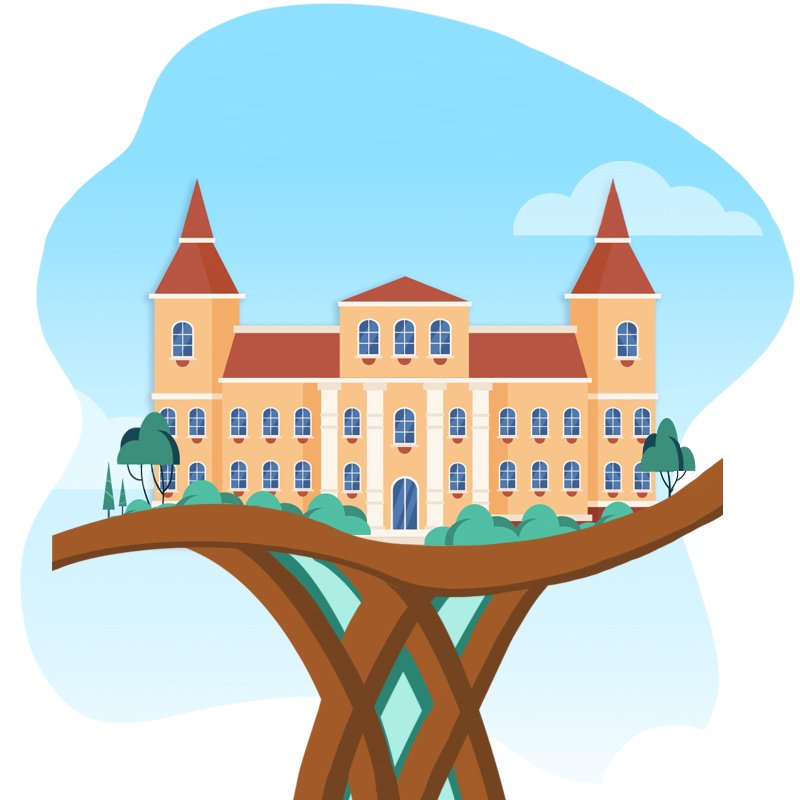
Catch up on Pei Kang’s articles

